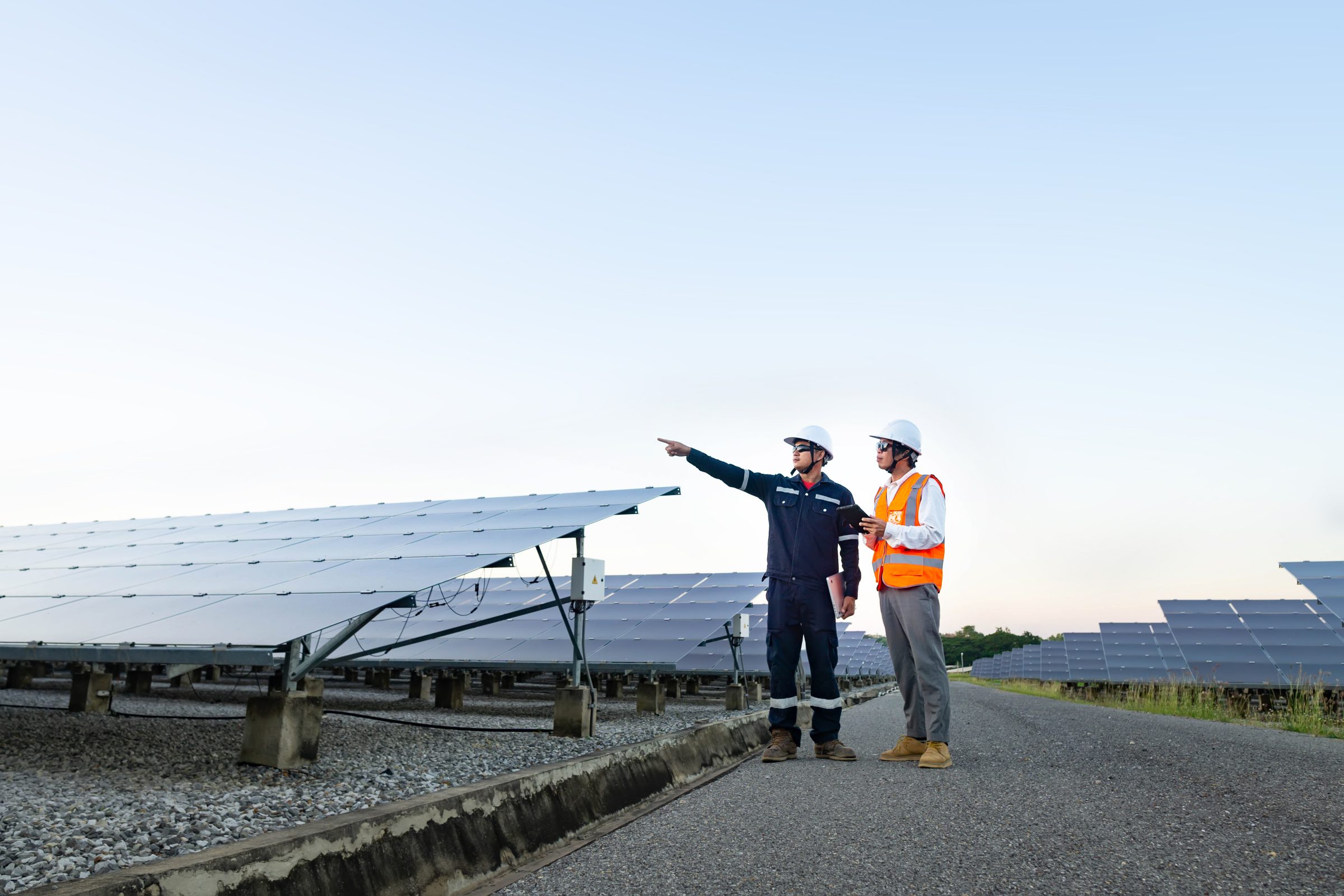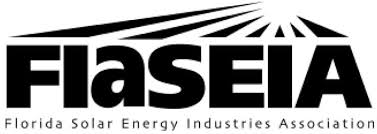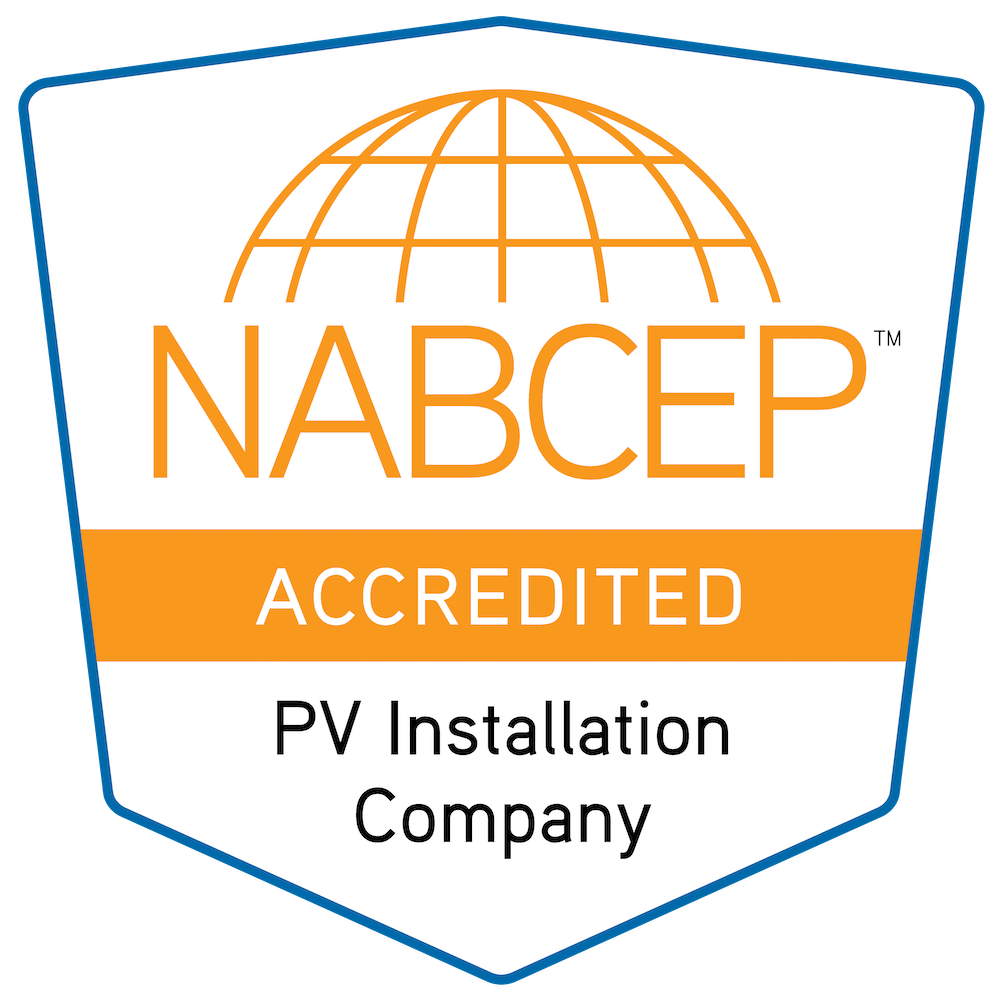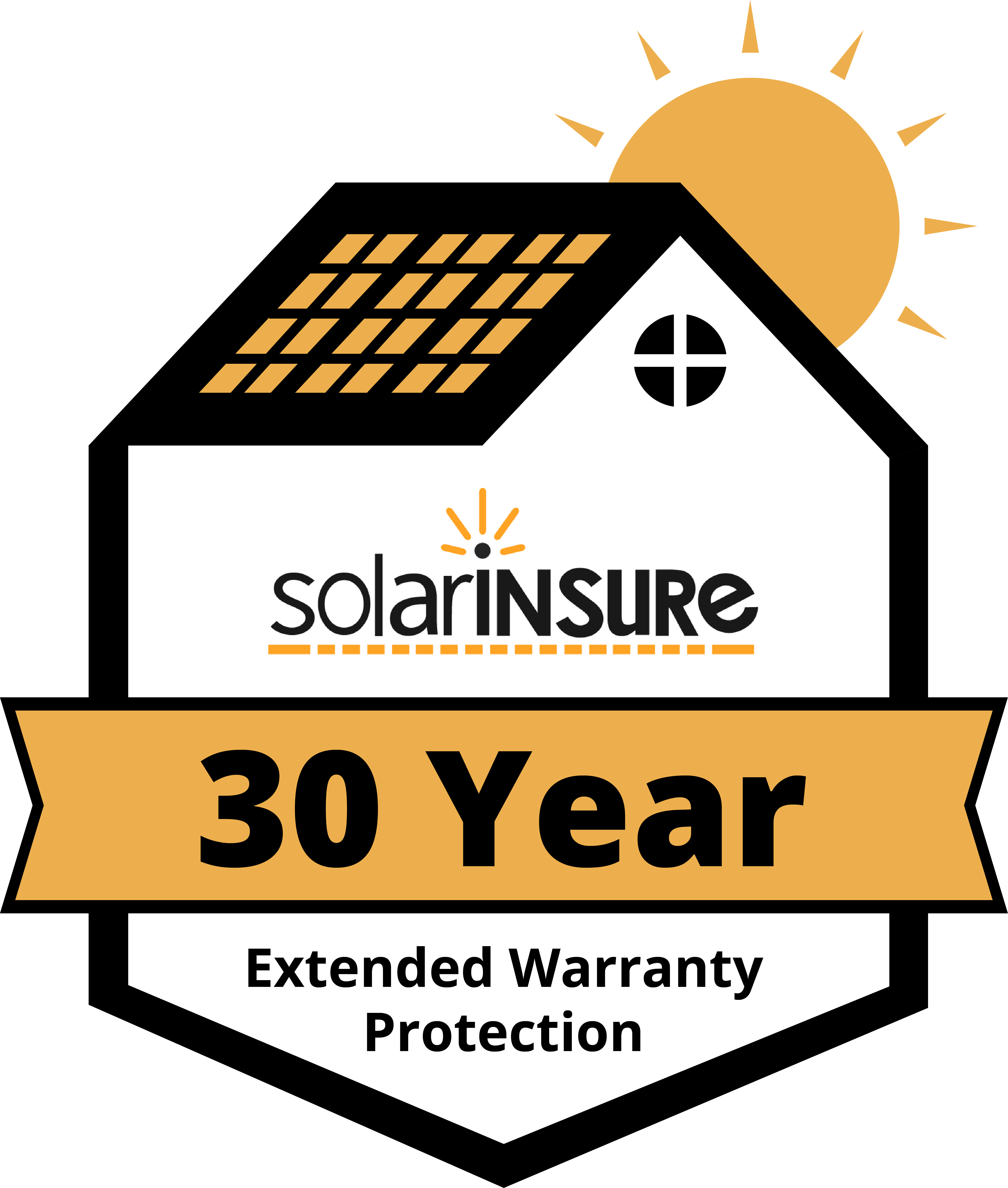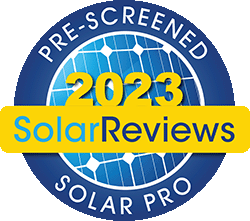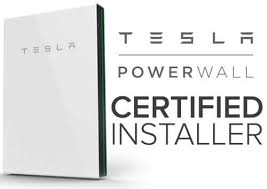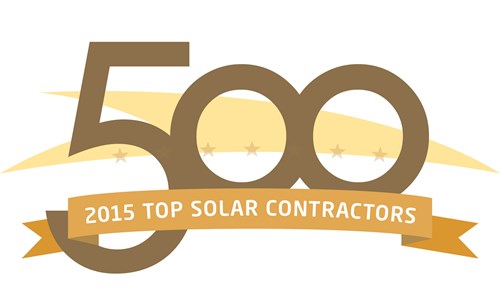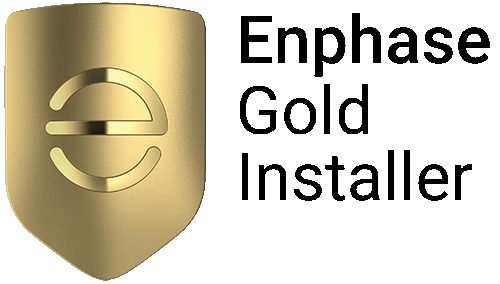After years of innovative discoveries and enhancements to solar energy technology, the solar solutions now available to today’s homes and businesses is widely considered one of the most cost-effective sources of energy found anywhere in the world.
But not all forms of solar energy are created equal. Different solar technologies have been designed to generate solar power in different ways. Even the solar panels you’ve seen out in the world can be built from different materials and technologies that generate power in different ways—and with different levels of efficiency.
Before you invest in solar energy solutions for your home or business, it can be helpful to familiarize yourself with the different solar technologies available on the market. Here’s a brief overview to help you navigate your options and identify the solar energy hardware that makes the most sense for your property’s current needs.
What Type of Energy is a Solar Panel?
A solar panel is a form of green energy that uses the energy from sunlight to generate electricity that can be used to power homes. Solar panels are comprised of small cells that are each capable of converting solar radiation into consumable electricity. This energy can then be fed into a home through electrical wiring, or it can be delivered to a solar battery for storage.
As a green, renewable energy, solar panels have become a popular alternative energy source among individuals and businesses seeking a power source that doesn’t create pollution—although green energy like solar can offer a wide range of benefits, including reduced utilities costs.
What are the Most Common Types of Solar Panels?
The vast majority of solar panels sold on today’s green energy market fall into one of three main categories. While not an exhaustive list of solar panel options you may find in your search for the best solar panels to suit your property, the majority of panels you see for sale will fall into one of the following categories:
- Monocrystalline. These solar panels are the highest-price option, but they also offer the best performance by converting about 15 to 22 percent of available sunlight into consumable energy.
- Polycrystalline. While these solar panels are available at a lower price point than monocrystalline versions, this discounted price also comes with worse performance: the efficiency of these panels typically ranges from 13 to 17 percent.
- Thin-film. These solar panels are relatively affordable, compared to higher-end panel options, and they offer the benefit of being much more easily transported if you move your residence or business location. But the energy generation capabilities with these panels is also much lower due to the reduced size, with a performance efficiency of around 11 percent.
How to Compare Different Types of Solar Panels
As you compare different types of solar panels in search of the best fit for your property, pay attention to the following features and characteristics each panel offers:
- Up-front cost. This includes the cost of purchasing the panels, as well as installation.
- Energy efficiency. How efficiently can each panel generate electricity from your property’s available sunlight? Bear in mind that the more energy efficient a panel is, the higher the up-front cost you’re likely to pay.
- Power capacity. What is the total power generation capabilities of a single solar panel? How many panels will be required to sufficiently deliver power to your property?
- Appearance. While the curb appeal of solar panels may not matter depending on their location, this may be something to consider if they will be highly visible on your property.
- Space requirements. Some solar panels may have different sizing and installation space needs. In addition, space constraints may also determine whether you need a smaller number of high-capacity panels, or if you’re able to get away with a greater volume of lower-capacity panels.
- Temperature coefficient. This metric reflects a solar panel’s ability to generate energy as the heat of the panel increases. Certain panels are less efficient at higher temperatures, which may affect the ideal panel for your property depending on the typical temperatures you may experience in your area.
- Fire, hail and hurricane ratings. Some solar panels may be more fire-resistant than others. Meanwhile, certain panels may be better designed to withstand the harsh elements of hail and hurricane weather better than others.
How Can I Determine the Best Type of Solar Panels for My Property?
Given the many factors at play when balancing solar panel performance, cost and longevity, it is often difficult to determine the best overall solar panel for your home or business. To help you consider all of these variables, and to make sure you’re investing in a solar energy solution that will serve you over the long haul, it’s recommended that you navigate this decision with a solar paneling professional.
Through consultation and a free assessment with a solar panel installer, you can have greater peace-of-mind that your solar energy investment will give you the best value possible. Contact an installer today to learn more.


